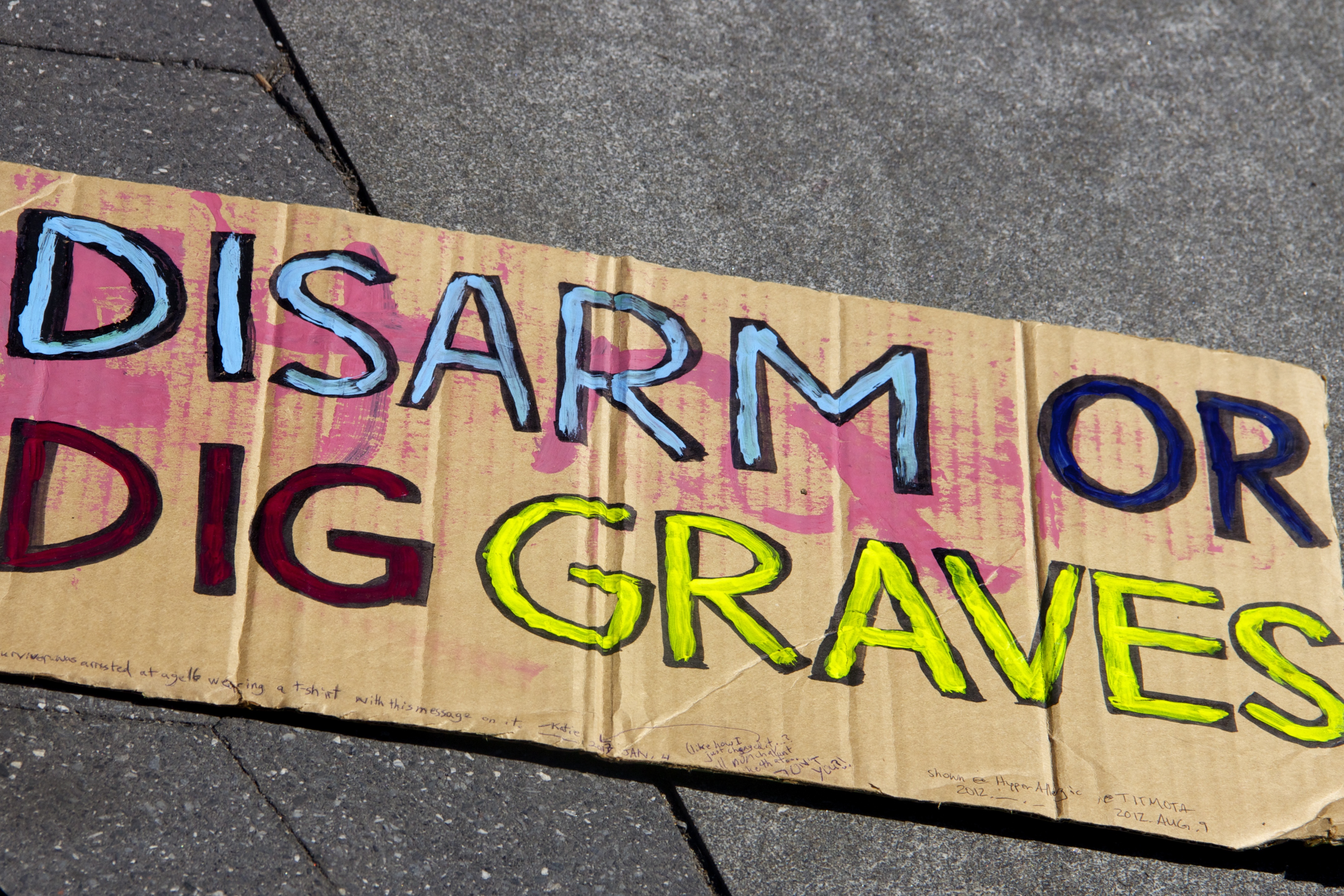
#BlackPoetsSpeakOut in response to Charleston massacre
Talk show commentary and op-ed criticism, step aside. These poets have something to say about Charleston.
African American poet Derrick Weston Brown was among the first to break down the wall between art, politics, and current events.
On Friday, Color Lines brought attention to Brown's "devastating poetic response to Charleston." They discovered it not in a literary magazine, but rather on Brown's Facebook.
"Artists don't have the luxury of waiting for the blunt force of their creativity to go through publishers, managers, or anybody else," Color Lines wrote. "Instead, they take to the mediums most closely available—social media."
We can't have nothing. Not our skin. Not our peace. Not our sanctuary. Can't have nothing. Can't shop, can't swim, can't...
Posted by Derrick Weston Brown on Thursday, June 18, 2015
Brown is a Charleston native and now prolific DC-based poet. Despite his rooted connections to the hate-fueld shooting that left nine Black churchgoers dead last week, he's not the only one greeting tragedy with art.
Other Black poets have joined in the #BlackPoetsSpeakOut movement, which has garnered some attention across Twitter.
Robalu Gibsun, a performance and visual artist out of Virginia, wrote an equally moving response for video.
I'M SO BLACK #blackpoetsspeakout from Robalu Gibsun on Vimeo.
From solitary webcam readings to free verse blog postings, more and more Black poets are joining in.










LEAVE A COMMENT:
Join the discussion! Leave a comment.